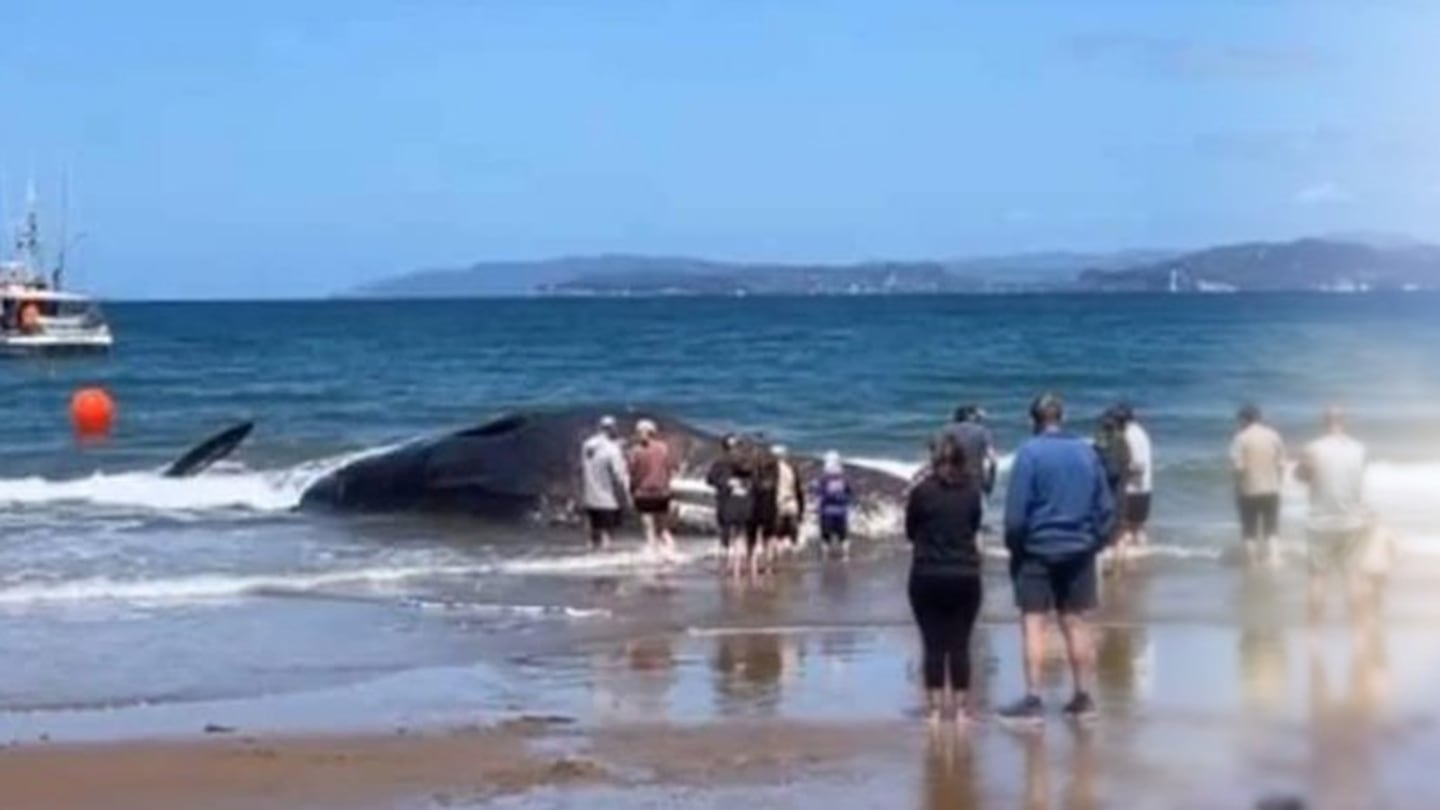Harina Rupapera is a Māori woman who is learning about the traditions of whale harvesting.
She’s a member of the pan-tribal team, Te Manu Taupunga led by Hori Parata of Ngāti Wai, which carries out the cultural harvest of whales.
The team worked with Ngāti Hei and the Department of Conservation recently, to flense the carcass of a 16-metre-long sperm whale that washed up at Matapaua Bay on the Coromandel last week.
Rupapera who is affiliated to Te Arawa, Ngā Ruahinerangi, Ngāti Haua and Ngāti Tū, knew nothing about the practice until she joined the team through her Taranaki whānau. Since then she’s learnt more about the tradition and how it preserves such knowledge.
“For us, the whale is part of our family. We treat and honour it as a taonga, which is different from colonised perceptions of our world.”
The team adheres to sacred customs and strict protocols, and will hold wananga with local iwi before flensing is carried out.
“Each hapū has its own tikanga. I’ve only learned the tikanga through Pāpā Hori. For us, the whale is a child of Tāne-Mahuta who entered the ocean and became a whāngai (child) of Tangaroa. When they strand they’re coming back to the atua, Tāne-Mahuta.
Just there is a small piece of knowledge that some hapū have never heard of. It really is empowering.”

